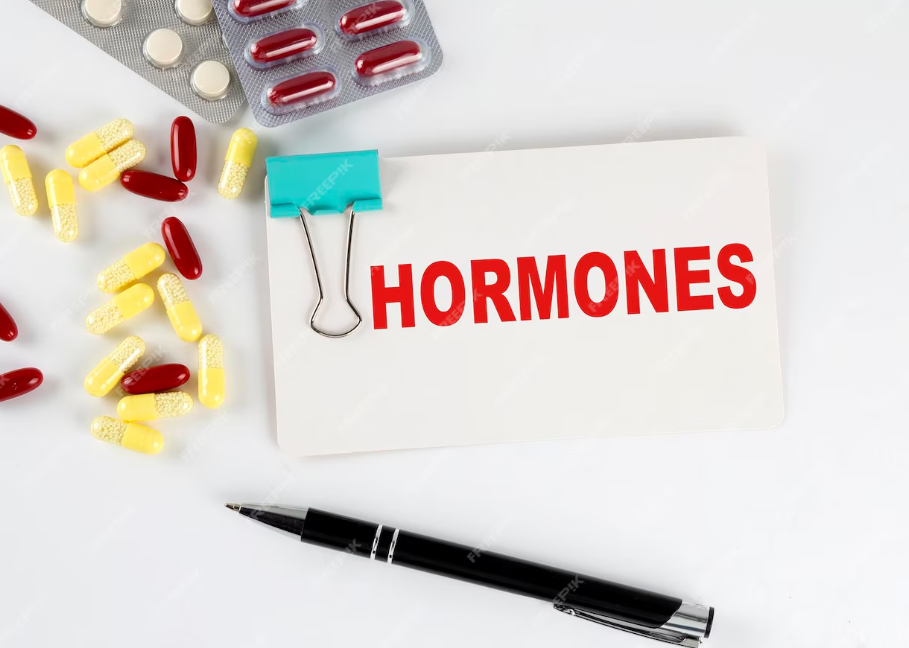Testosterone is the cornerstone of male vitality—impacting everything from muscle mass and mood to libido and energy levels. While Testosterone Replacement Therapy (TRT) is an effective option for men with clinically low testosterone, it’s not the first step for everyone. In fact, many men can improve their testosterone levels naturally through lifestyle modifications and targeted supplementation.
If you’re experiencing symptoms of low testosterone—such as fatigue, weight gain, low libido, or brain fog—here are the most effective natural strategies to try before turning to TRT.
1. Optimize Your Sleep
Poor sleep is one of the fastest ways to tank your testosterone levels. Most of your daily testosterone is produced during deep sleep, especially during REM cycles. Research shows that even one week of sleep restriction can reduce testosterone levels by 15% or more.
Tips:
- Aim for 7–9 hours of quality sleep per night
- Keep your bedroom cool, dark, and quiet
- Avoid screens and blue light 1–2 hours before bedtime
- Stick to a consistent sleep schedule—even on weekends
2. Maintain a Healthy Weight
Excess body fat—especially visceral fat around the abdomen—converts testosterone into estrogen via the enzyme aromatase. This hormonal imbalance can further suppress natural testosterone production.
Action Plan:
- Combine resistance training with cardio for fat loss
- Follow a balanced diet rich in whole foods
- Avoid crash diets; they can reduce testosterone
- Prioritize strength-building over just weight loss
3. Exercise Regularly (Especially Strength Training)
Physical activity, especially resistance training, has a profound effect on boosting testosterone naturally. Even short workouts can increase testosterone levels acutely.
Best exercises:
- Compound lifts (squats, deadlifts, bench press)
- High-intensity interval training (HIIT)
- Moderate endurance cardio (avoid overtraining)
Frequency:
- Strength train 3–5 times per week
- Include rest and recovery to prevent cortisol spikes
4. Manage Stress and Cortisol Levels
Chronic stress leads to elevated cortisol, a hormone that competes with testosterone and inhibits its production. High cortisol can also increase fat storage and reduce sleep quality—creating a vicious cycle.
Techniques to lower stress:
- Meditation or mindfulness practice
- Deep breathing and progressive muscle relaxation
- Limit caffeine and alcohol intake
- Spend time in nature or with supportive people
5. Eat a Testosterone-Friendly Diet
Your diet has a major influence on hormone production. Testosterone is synthesized from cholesterol and supported by various micronutrients like zinc and vitamin D.
Foods to include:
- Healthy fats: avocado, olive oil, grass-fed butter
- Lean proteins: eggs, fish, poultry
- Zinc-rich foods: oysters, pumpkin seeds, red meat
- Magnesium: spinach, dark chocolate, almonds
- Cruciferous vegetables: broccoli, cauliflower (may help balance estrogen)
Foods to avoid:
- Highly processed foods
- Excess sugar and refined carbs
- Excess alcohol or soy-based products (in excess, may disrupt hormonal balance)
6. Get More Sunlight or Take Vitamin D
Vitamin D is not just a vitamin—it functions like a hormone in the body and plays a role in testosterone production. Studies have shown that men with higher vitamin D levels tend to have higher testosterone.
How to boost vitamin D:
- Spend 15–30 minutes in sunlight daily
- Take a high-quality vitamin D3 supplement (especially in winter)
- Pair vitamin D with vitamin K2 for optimal absorption and bone health
7. Limit Endocrine Disruptors
Everyday chemicals found in plastics, cosmetics, and even tap water can interfere with your hormone system. These endocrine disruptors may mimic estrogen or block testosterone receptors.
How to reduce exposure:
- Avoid microwaving food in plastic containers
- Use glass or stainless-steel water bottles
- Choose natural or organic personal care products
- Filter your drinking water (e.g., reverse osmosis or activated charcoal)
8. Consider Natural Testosterone-Boosting Supplements
Certain evidence-based supplements can support testosterone production naturally, especially if you’re deficient in key nutrients.
Top natural supplements:
- Zinc – essential for testosterone synthesis, especially if deficient
- Magnesium – improves free testosterone and sleep quality
- Vitamin D3 – supports testosterone and immune function
- Ashwagandha – adaptogen shown to reduce cortisol and raise T levels
- Fenugreek – may improve libido and support healthy testosterone
- DHEA – a hormone precursor; can help if you’re over 40, but should be used under supervision
Important: Always consult with a healthcare provider before starting any supplement, especially if you have underlying health conditions or take medications.
9. Avoid Overtraining and Allow for Recovery
While exercise boosts testosterone, too much of it without adequate recovery can do the opposite. Overtraining increases cortisol and suppresses testosterone.
Warning signs of overtraining:
- Fatigue and poor performance
- Trouble sleeping
- Mood changes or irritability
- Persistent soreness
Solution:
- Incorporate rest days
- Prioritize sleep, nutrition, and hydration
- Consider deload weeks or lower-intensity phases
10. Moderate Alcohol and Eliminate Tobacco
Both alcohol and smoking negatively impact testosterone levels. Chronic alcohol intake lowers LH and FSH (hormones that signal testosterone production), while tobacco can damage Leydig cells in the testes.
Tips:
- Limit alcohol to 1–2 drinks per week
- Choose red wine or spirits over beer (which contains phytoestrogens)
- Seek support if you need help quitting smoking
When to Consider TRT
If you’ve made sustained lifestyle changes for 3–6 months and still experience symptoms of low testosterone—confirmed by repeated blood tests—it may be time to explore TRT. Natural methods can go a long way, but medical intervention is sometimes necessary, especially in cases of primary hypogonadism or aging-related testosterone decline.
Final Thoughts
Before considering Testosterone Replacement Therapy, it’s wise to exhaust natural and holistic strategies to optimize your hormones. For many men, a combination of clean nutrition, strength training, quality sleep, and stress management can restore testosterone levels without the need for pharmaceutical intervention.
However, if your symptoms persist despite your efforts, consult a qualified healthcare provider who can assess your hormone profile and discuss personalized treatment options—including TRT if appropriate.




